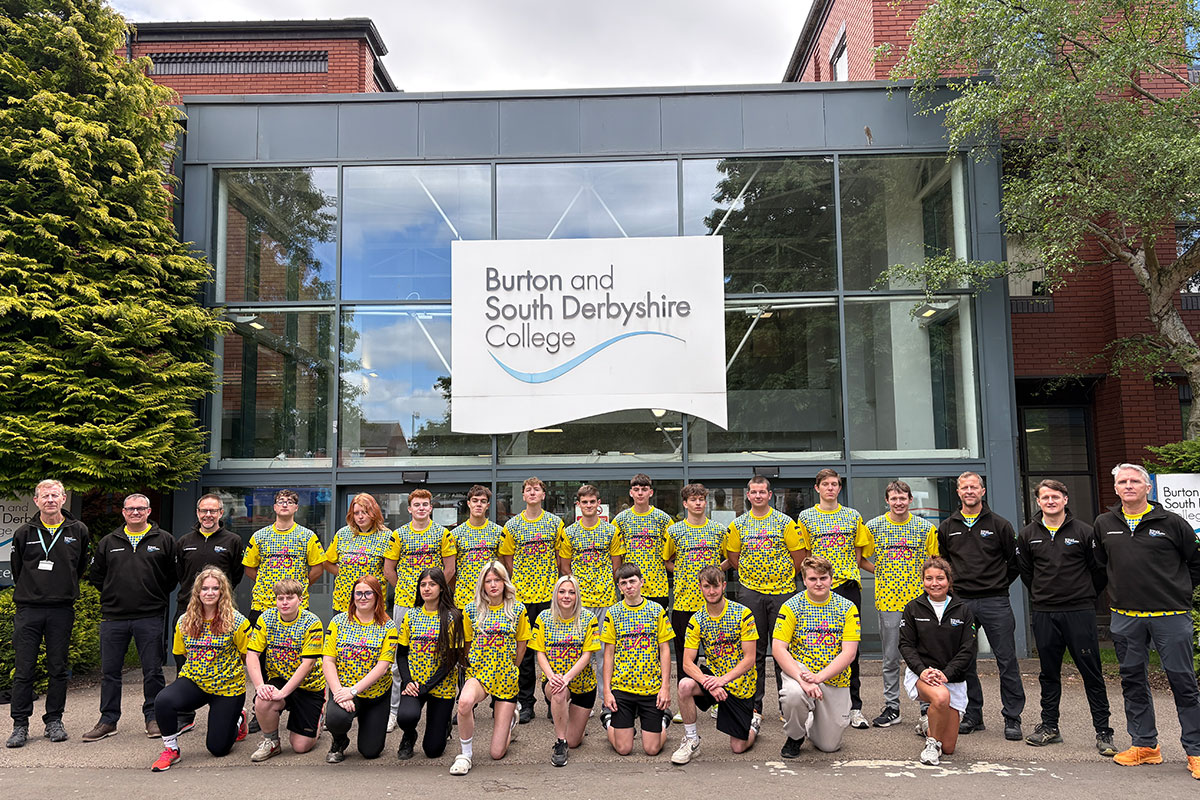Get in early and prioritise ESG to grow and retain Gen Z digital talent

As the skills gap widens in the digital sector, businesses are starting to get anxious. Almost half (46%) of tech start-ups cite a lack of staff with the right skills and hiring difficulties as their top two concerns this year, with 80% investing in upskilling their current workforce in attempts to close the gap.
Finding new ways to approach this challenge, leaders are looking to grow digital skills from the ground up. Revolutionising secondary school education is being considered a way to build the skills needed for the future digital and green economy, with a new government inquiry publishing its call for significant curriculum reform. The Education for 11–16 Year Olds Committee is calling out for insights, recognising the importance of equipping students with the skills they need to power the digital economy.
It is becoming clear that we must go back to the beginning to close the digital skills gap. Evolving the education of younger people at school or college and providing placement opportunities, apprenticeships and traineeships will be vital to create a new generation of tech talent. But we mustn’t lose sight of the bigger picture. Once Gen Z is on a tech career path, we must make the sector attractive to recruit and retain them.
The threat of the digital skills gap
A limited talent pool and a lack of skilled workers are hurting businesses. The ongoing shortage of skilled workers poses a high risk , with 64% of IT professionals stating that it is the biggest barrier to the adoption of game-changing technologies like artificial intelligence (AI).
A lack of interest and skills in tech careers starts with a lack of exposure to opportunities at a young age. Recent studies have shown that Gen Z is less likely to consider careers in tech and lacks confidence in advanced technology skills. Improving access to the right skills and opportunities is essential to get young people into tech, drive more efficient operations, and ultimately, deliver higher-quality products and services for customers.
Getting in early
Drawing in new talent from the ground up means working harder to diversify skills and backgrounds in early education. Long-term this approach could curb the talent shortfall while creating an engaged, highly skilled workforce. Working with those in early education means more loyalty and retention in the long run.
For early input and engagement to be a success, it requires buy-in from government, businesses, and education leaders. When businesses place a focus on educating Gen Z in their talent strategy, it will empower employees to train younger generations before they even step foot in the office. For instance, mentoring schemes like becoming an Enterprise Advisor allow employees to support young people in tech career pathways. Not only does this open young minds to digital job routes, but it also makes current employees more engaged by moulding the next wave of talent.
Buy-in from government and education leaders will be vital to support this. For example, last year, the AELP lobbied for an extension on the incentive payment scheme that saw 40,000 extra apprentices recruited. Businesses need more help than ever to get Gen Z the skills they need for a career in tech, and the government must support digital-first businesses with more training opportunities to make this shift.
Shifting priorities
Whilst a focus on early education and mentoring is essential, recruiting and retaining the new wave of tech talent may prove more challenging. More than a third (35%) of young tech workers are unhappy in their role, having lost faith in their employers and the industry.
There is an overwhelming sentiment from the new generation of employees that work is more than just work. When choosing a career path and company, Gen Z’s values must align with their employers’ – particularly when it comes to environmental, social and governance (ESG) views. One-third of Gen Z workers have rejected job offers when the organisation has poor green credentials, and 84% of companies believe they will likely lose employees without a clear sustainability strategy.
While the skills gap widens and investment in hiring increases, organisations may be setting themselves up for failure if they are not able to retain Gen Z. Recruiting and retaining top talent relies on businesses engaging in ESG strategies and being transparent in their efforts to be more socially responsible. Businesses must review ESG strategies and showcase their sustainability achievements to remain competitive in the fight for talent.
A renewed focus on Gen Z will be the key to reducing the skills gap and getting a new generation into the world of tech. The only way that the sector will continue to thrive is through effective collaboration between businesses, government, and education leaders. We must work together to instil a culture of upskilling from education to first job, get in early to grow young talent, and prioritise ESG to attract the best into the industry.
By Danny Rowark, Sales Director at Software AG











Responses